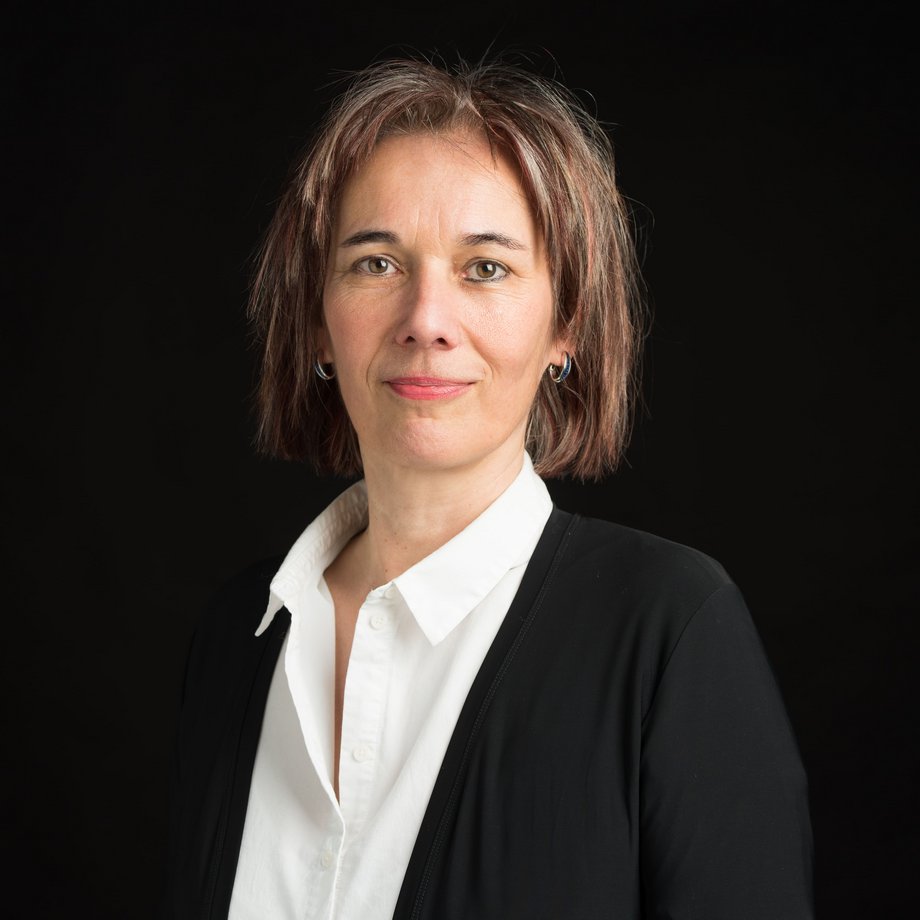Research
Our research focuses on exploring the multi-layered relations of technologies and environments, while alternating between prioritizing technology, science, philosophy, and art with both disciplinary and interdisciplinary approaches. We are especially interested in the study of constellations and structures, of life forms, and of past, present, and future socio-technical mindscapes.
Keynote: Research of the Chair of Technoscience Studies
-

Our research heuristics can best be understood as philosophic fieldwork. Therefore, we rely on empirical measurements, as well as conceptual, interpretative, hermeneutical, and analytical approaches.
Heuristical thinking is a key competency of engineering. We examine heuristics as a problem-solving strategy and use them analysing case studies that reveal different facets of thinking and acting. The work involves experimenting, crafting, testing, designing, sketching, and playing. We also apply heuristical thinking to established narration techniques and widespread patterns of socio-cultural interpretation. We are also interested in examining how phenomena, methods, concepts and their logics of design are mutually stabilizing. Our methodlogy will often involve several subject areas.
‘Environment’ is viewed in a social and (artificial) technological context (e.g. digitalisation, virtual reality, social robotics, sustainable building, urban gardening, or re-vegetated landscapes). This also encompasses ‘environmental problems’ (e.g. Anthropocene and climate change, urban sprawl and destruction of landscapes, species extinction and alienation from nature). Another topic is the analysis and comparative evaluation of present (or past) visions for future environment and engineering relations.

![[Translate to Englisch:] [Translate to Englisch:]](/fileadmin/_processed_/a/f/csm_technik_als_wissenskultur_96e6d69543.jpg)
![[Translate to Englisch:] [Translate to Englisch:]](/fileadmin/_processed_/a/7/csm_umweltanthropologie_5a3eed84d6.jpg)
![[Translate to Englisch:] [Translate to Englisch:]](/fileadmin/_processed_/4/c/csm_bilder_als_instrumente_43f3f4b6ed.jpg)
![[Translate to Englisch:] [Translate to Englisch:]](/fileadmin/_processed_/1/f/csm_zukunftsnarrative_17d9aaae21.jpg)